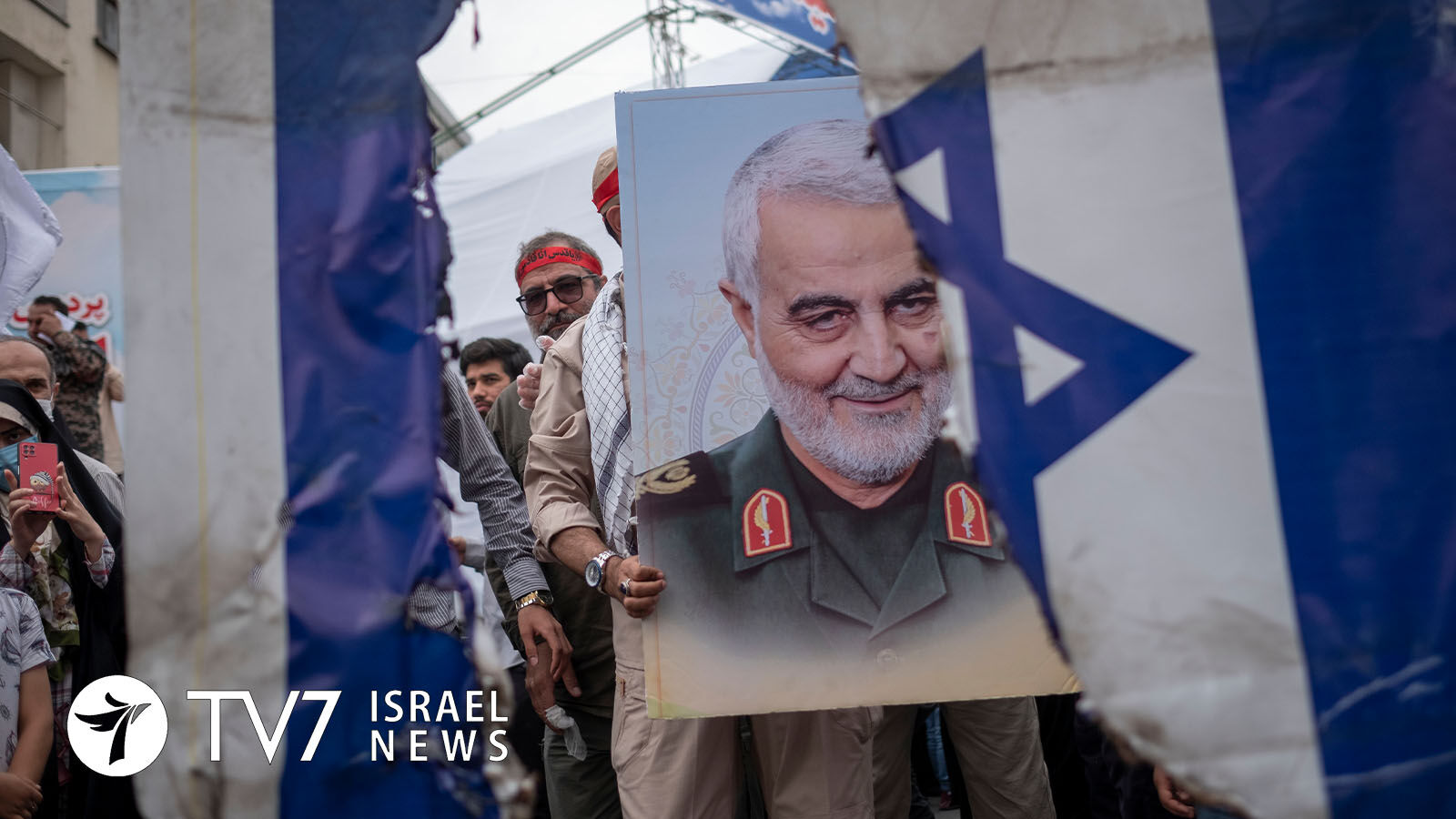This, according to sources cited by the Telegraph.
By Erin Viner
The United Kingdom will officially declare Iran’s Islamic Revolutionary Guard Corps (IRGC) as a terrorist group, the London-based newspaper reported.
Designation as a terrorist group means that it would become a criminal offense to belong to the IRGC, attend its meetings or display its logo in public.
According to the article, the decision will be announced within weeks, and said to have the support of British Security Minister Tom Tugendha, and Home Secretary Suella Braverman.
The IRGC is an elite paramilitary force that was founded during the Islamic Revolution in 1979. It acts separately from the country’s armed forces, with its own land, air and naval divisions; and its Quds Force special operations unit works to foster the Islamic Republic’s terrorist proxies such as Hezbollah in Lebanon, Syria and Iraq.
Canada, Israel, Bahrain, Saudi Arabia and the United States have already officially designated the IRGC as a terrorist organization. In fact, is the only state entity on the US State Department’s blacklist of Foreign Terrorist Organizations (FTOs). Germany and the European Union are also reportedly been discussing designation of the IRGC as a terrorist organization,
The latest developments follow the recent arrests of seven people with links to the UK for involvement in anti-government protests by the IRGC. Britain’s Prime Minister Rishi Sunak has called on Iran to end its detention of dual nationals, insisting such actions should not be used to obtain “diplomatic leverage.”
Demonstrations have surged across the Islamic Republic since the 16 September death of 22-year-old Mahsa Amini in custody following her arrest by the so-called “morality police” for attire deemed insufficiently Islamic.
The public fury persists despite an ongoing violent crackdown by authorities and ultimatums issued by IRGC, which has crushed dissent in the past with the support of its volunteer Basij militia.
The Ayatollah regime has accused Israel and Western nations of instigating the unrest in a bid to launch civil war in the country, which security forces have met with deadly violence.
Representing one of the toughest challenges since the Islamic Revolution, mass protests against theocratic rule in Iran have been ongoing since Iranians from layers of society have taken to the streets in a popular revolt to express outrage over her killing and the suppression of human rights by clerical rulers in the country, with many calling for the ousting or deaths of Supreme Leader Ali Khamenei and President Ebrahim Raisi.
